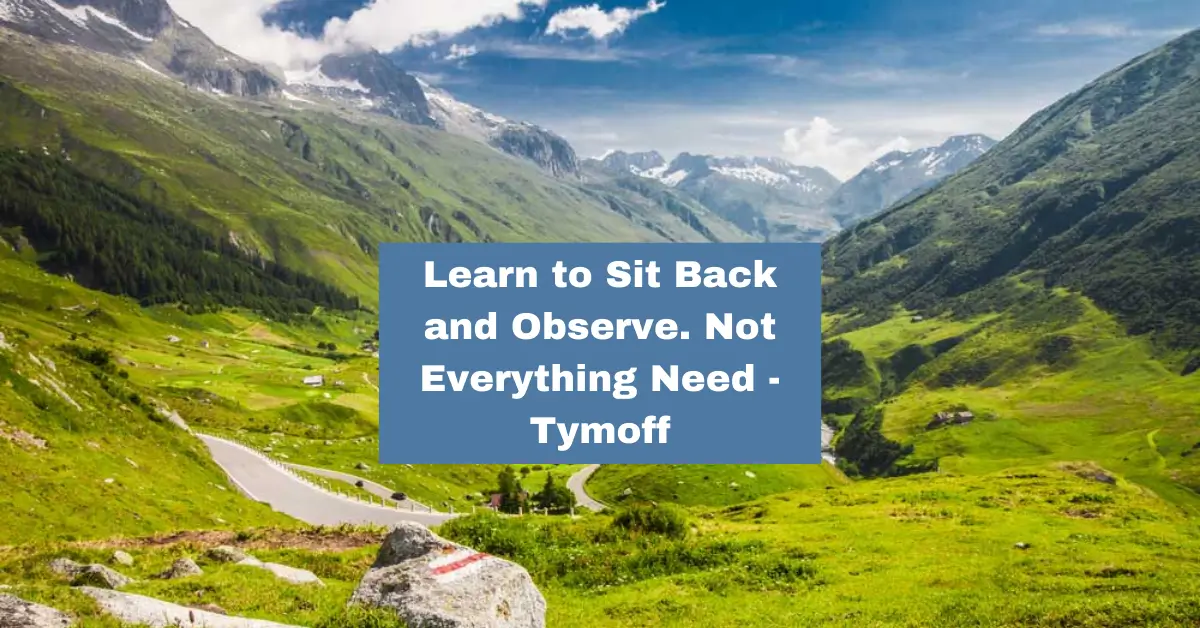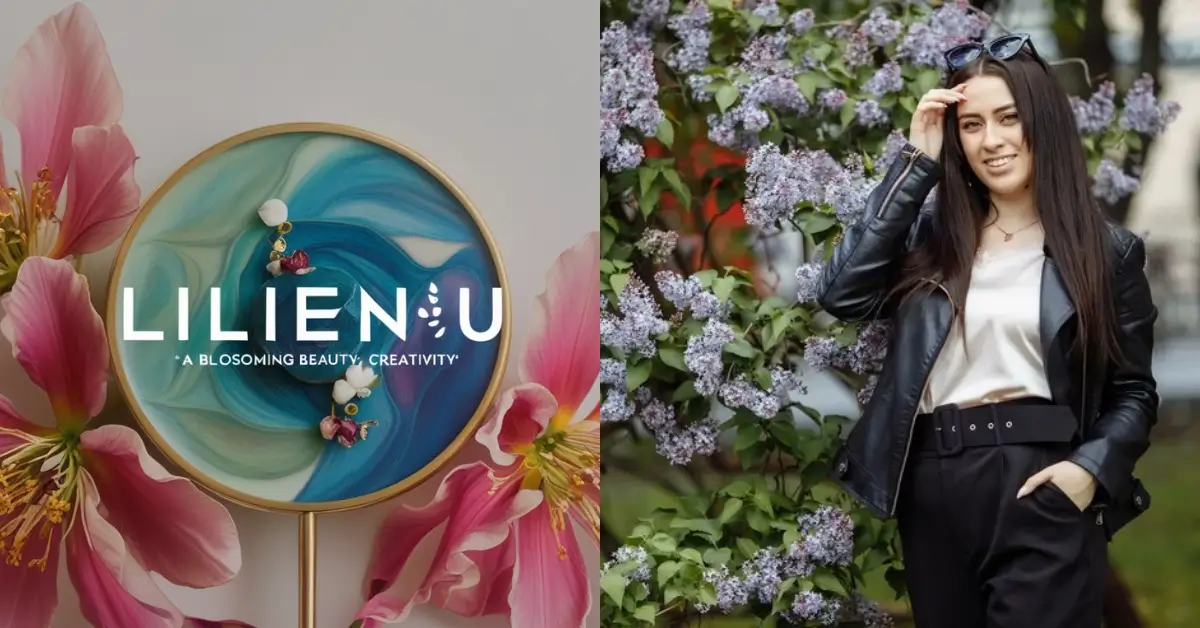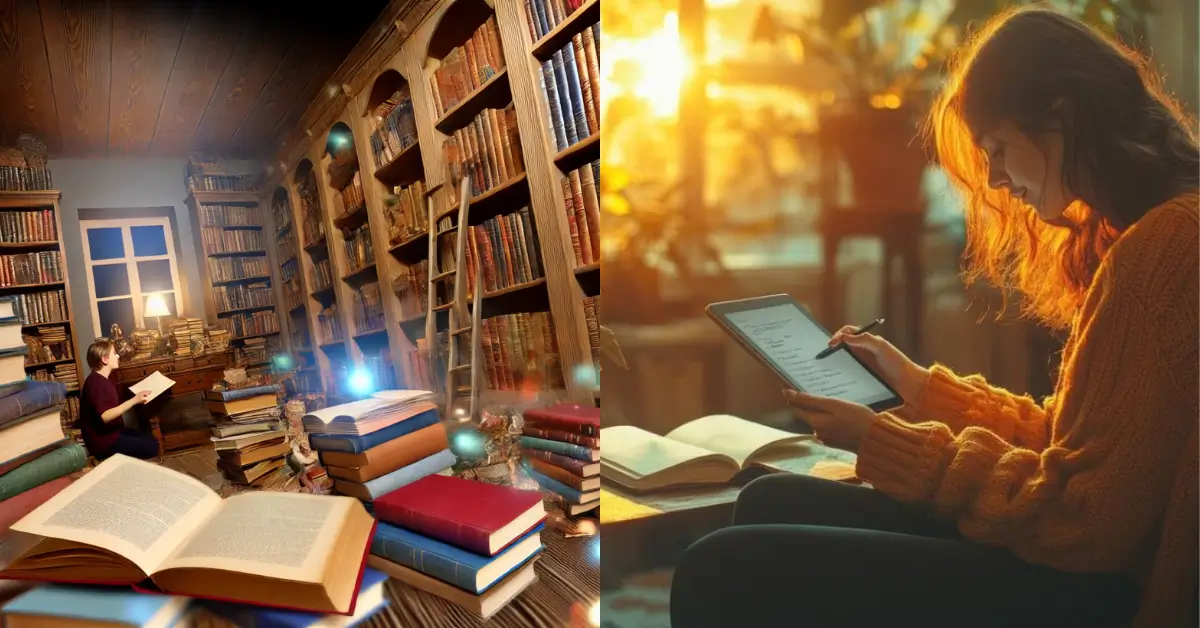In today’s fast-paced world, reacting to every situation is a common reflex. But what if we told you that the real power lies in the art of sitting back and observing? It’s a philosophy that helps cultivate mindfulness, emotional intelligence, and decision-making skills. The quote “learn to sit back and observe. not everything need – Tymoff” encapsulates this wisdom. It encourages patience and discernment, teaching us that not every situation requires an immediate response.
This article explores the transformative practice of mindful observation, its impact on personal growth, and how mastering this art can improve our emotional well-being. Let’s dive into how we can use silence and observation to make better decisions and lead more fulfilling lives.
Learn to Sit Back and Observe: The Importance of Patience
Learning to sit back and observe is a valuable life skill that fosters patience. Often, we are tempted to react instantly, whether it’s to a stressful work email, a heated conversation, or unexpected news. However, taking a moment to pause and observe the situation from a distance allows us to see the bigger picture. This practice cultivates mindfulness and self-awareness, essential components of emotional regulation.
Patience is more than just waiting for something; it’s about staying calm and collected while doing so. By sitting back and observing, we learn to respond rather than react. This skill is especially important when navigating challenging situations that require a thoughtful and measured approach. As we develop patience, we gain the ability to view life’s events with clarity, leading to more informed decisions and a deeper sense of peace.
Not Everything Requires a Response: Embracing Silence and Reflection
In a world where constant communication is encouraged, the idea that “not everything requires a response” is powerful. Silence is often underestimated, yet it holds immense value. When we choose to remain silent and reflective instead of reacting impulsively, we create space for clearer thinking and better emotional regulation.
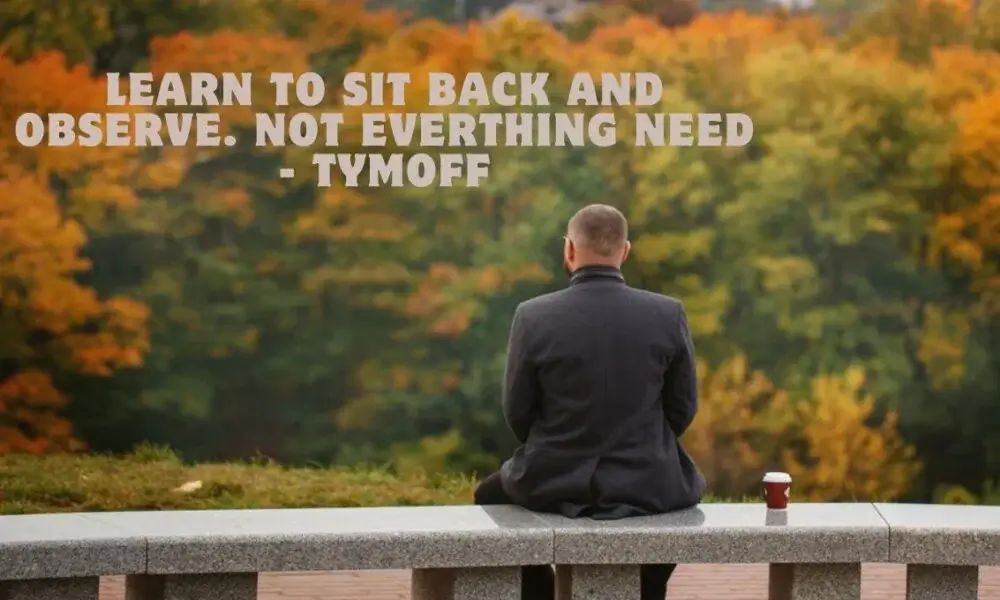
This doesn’t mean passivity or ignoring situations that need attention. Instead, it’s about knowing when a response is necessary and when it’s more beneficial to stay quiet. By embracing reflection and silence, we allow our minds the time to process information deeply, leading to wiser decisions. This is a key lesson in self-awareness and emotional intelligence, which are crucial for personal development.
Mindfulness in Daily Life: Mastering the Art of Observation
Mindfulness is the practice of being fully present in the moment, and it plays a crucial role in mastering the art of observation. By sitting back and mindfully observing, we can tune into our thoughts, emotions, and surroundings without judgment. This helps us manage our emotional impulses and strengthens our decision-making skills.
When applied to daily life, mindful observation becomes a tool for improving relationships, handling stress, and achieving greater personal fulfillment. Whether it’s taking a few moments to reflect on a stressful situation at work or carefully observing a conversation before speaking, mindfulness enhances our ability to stay grounded. The power of observation allows us to navigate life’s challenges with grace and clarity.
Also Read: AOPG Trello
Reacting vs. Responding: How to Control Impulses and Make Thoughtful Decisions
There is a significant difference between reacting and responding. Reacting is immediate and often impulsive, driven by emotions rather than logic. On the other hand, responding involves taking time to process the situation and making a thoughtful decision. This distinction is essential for emotional regulation and maintaining control over our actions.
By learning to sit back and observe, we develop the ability to control our impulses. Instead of acting out of anger, frustration, or anxiety, we can calmly assess the situation and choose a response that aligns with our values and goals.
This leads to better outcomes in both personal and professional relationships, as we avoid unnecessary conflicts and misunderstandings. Ultimately, practicing patience and reflection enhances our emotional intelligence and decision-making abilities.
Benefits of Sitting Back and Observing Before Taking Action
Sitting back and observing offers numerous benefits, including improved decision-making, emotional regulation, and personal growth. When we observe first, we gain perspective and avoid acting out of impulse or emotion. This practice helps us navigate life’s challenges with greater clarity, making us more effective problem-solvers.
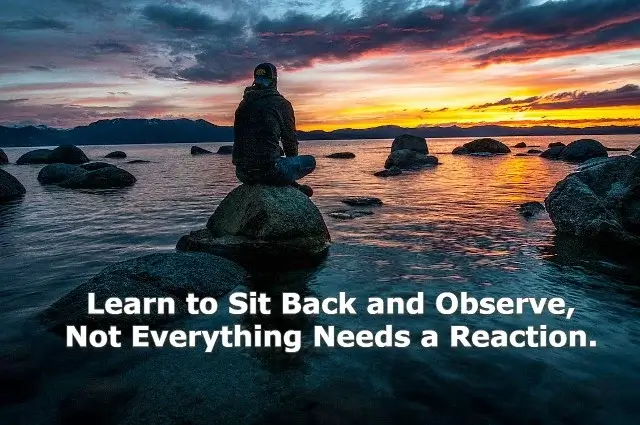
Additionally, sitting back and observing enhances self-awareness. It allows us to recognize our emotional triggers, understand our reactions, and make adjustments accordingly. This not only improves our relationships with others but also helps us cultivate inner peace and resilience. By observing without immediate action, we gain valuable insights that lead to more thoughtful and impactful decisions.
Developing Emotional Intelligence Through Silent Observation
Emotional intelligence is the ability to recognize, understand, and manage our emotions and those of others. Silent observation is a powerful tool for developing this skill. By taking the time to observe how we feel in different situations, we can better understand our emotional patterns and responses. This leads to greater self-awareness and better emotional regulation.
Silent observation also helps us empathize with others. By observing people’s behavior, body language, and tone of voice, we can gain insights into their emotions and perspectives. This enhances our ability to connect with others on a deeper level, leading to more meaningful and harmonious relationships.
How Practicing Patience Leads to Greater Wisdom and Self-Awareness
Patience is a gateway to wisdom. When we practice patience by sitting back and observing, we give ourselves the time and space to reflect on our experiences. This reflection helps us gain deeper insights into ourselves and the world around us, leading to greater wisdom and self-awareness.
Patience allows us to see situations more clearly, without the cloud of emotions or impulsive reactions. As we develop this skill, we become more thoughtful and deliberate in our actions, leading to more positive outcomes. Over time, practicing patience helps us cultivate a sense of inner calm and resilience, which are essential for personal growth and fulfillment.
Life Lessons on Learning to Wait and Observe
Learning to wait and observe is a valuable life lesson that can transform the way we approach challenges. By resisting the urge to react immediately, we gain the ability to assess situations more objectively. This leads to better decision-making, as we are able to consider all perspectives and potential outcomes before taking action.
Waiting and observing also teach us the importance of timing. Sometimes, the best course of action is to wait for the right moment. This practice builds trust in ourselves and our ability to navigate life’s complexities with patience and wisdom. In a world that often encourages quick reactions, learning to wait and observe is a powerful tool for personal growth and success.
Tymoff Quote: Understanding the Power of Observation and Restraint
The quote “learn to sit back and observe. not everything need – Tymoff” encapsulates the power of observation and restraint. It reminds us that not every situation requires our input or immediate action. Sometimes, the best way to navigate life’s challenges is to step back, observe, and let events unfold naturally.
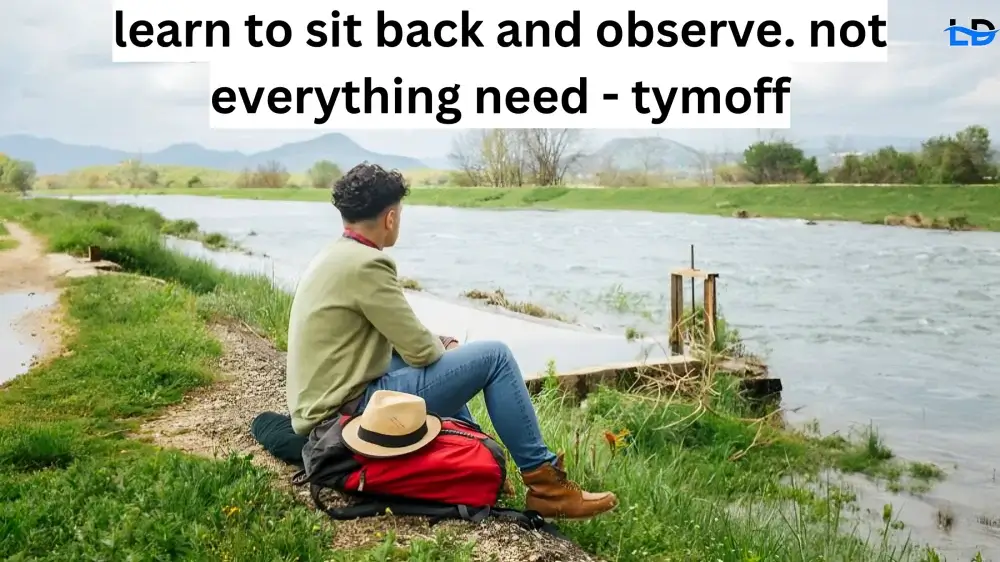
This practice teaches us the value of patience, self-awareness, and emotional regulation. By exercising restraint and choosing when to engage, we become more effective in our interactions and decision-making. The Tymoff quote is a powerful reminder that wisdom often comes from knowing when to act and when to simply observe.
Quick Facts
- Mindful observation promotes emotional intelligence and self-awareness.
- Sitting back and observing helps control impulsiveness and improves decision-making.
- The quote by Tymoff encourages patience and thoughtful responses.
- Silent observation leads to better emotional regulation and personal growth.
Final Thoughts
Learning to sit back and observe is a powerful practice that enhances mindfulness, emotional intelligence, and decision-making skills. By embracing silence and reflection, we can navigate life’s challenges with greater wisdom and clarity. The quote by Tymoff serves as a reminder that not everything requires a response, and sometimes, the best action is no action at all.
In a world that often encourages quick reactions, practicing patience and observation allows us to lead more fulfilling, peaceful, and thoughtful lives. It’s a timeless lesson that can transform the way we approach both our inner and outer worlds.
FAQs
What does “learn to sit back and observe” mean?
This phrase encourages taking time to reflect on situations rather than reacting immediately. It’s about mindfulness and patience, allowing for more thoughtful responses.
How does observation improve decision-making?
By sitting back and observing, you can view a situation more objectively. This leads to clearer thinking and better decisions, free from impulsive emotional reactions.
What are the benefits of silent observation?
Silent observation helps with emotional regulation, enhances self-awareness, and improves empathy. It allows you to process information deeply before taking action.
How can I practice mindfulness in daily life?
You can practice mindfulness by being fully present in each moment, paying attention to your thoughts and emotions without judgment. Start by observing your reactions to small daily situations.
Why is patience important in life?
Patience helps us approach life’s challenges calmly and thoughtfully. It allows for better decision-making and leads to inner peace and resilience.






